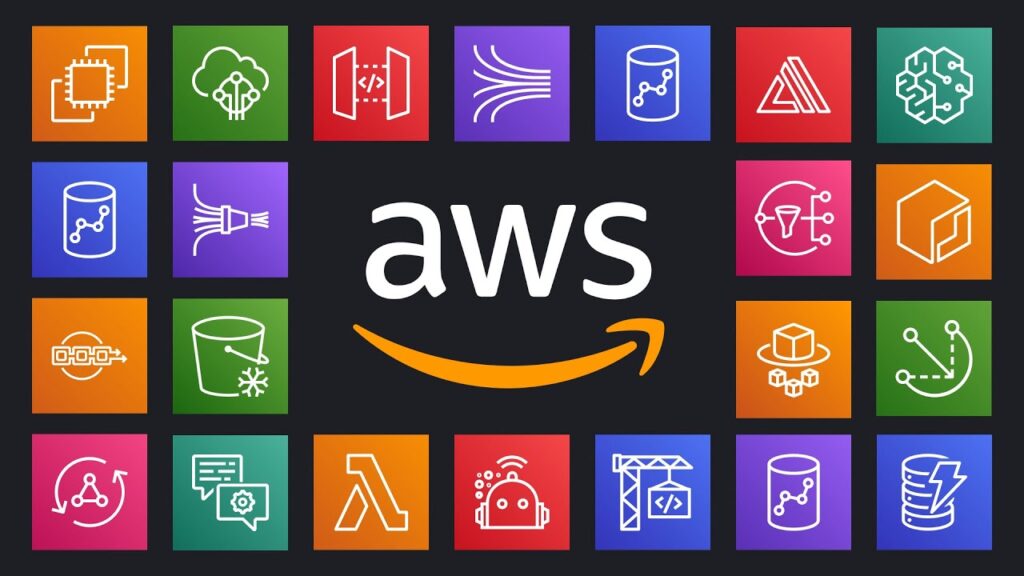
For many who are not professionally involved in cloud computing, the vast array of AWS services can seem complex and overwhelming. But let’s take a comprehensive look at all the pros and cons of this platform.
AWS is the largest technological hypermarket of cloud services for data storage and computing. They have gathered more than 200 services into a single ecosystem that can fully meet the dependencies of any software architecture complex. The existence of all these services in a single space allows faster and easier configuration of interconnectivity both internally and externally, maintaining strict quality and high-speed access between objects. Providing all services from a single provider allows for a more accurate calculation of the total cost of the services provided, both currently and as the capacity provided grows.
Over the years, AWS has become synonymous with cloud computing for most people. As a pioneer in the field, it has managed to outpace its competitors for years by offering innovative, reliable, and easily scalable services and industry-standard solutions. Today, AWS offers more than 200 different services covering a wide range of tasks, from computing and data storage to machine learning and the Internet of Things (IoT). Some of the most popular services include EC2, S3, RDS, Lambda, DynamoDB, CloudFront, ECS, and Redshift.
Hosting projects and using the capacities of the AWS ecosystem allows you to focus less on the conditions and limitations of technical support for your product and give more attention to the quality of the project architecture itself. Amazon provides easily scalable capacities that can fully meet the needs of both micro-projects created for very narrow tasks, allowing savings through optimal configuration and minimization of excess tools (e.g. Lambda), as well as provide enormous capacities for resource-intensive and complex computations for serious large and ultra-large projects (ParallelCluster), strictly adhering to a high standard of quality for each service provided.
For example, NASA used AWS to process and analyze data collected by the Perseverance rover. BMW uses Amazon services to improve the design and functionality of its cars. And this does not prevent AWS from being an excellent platform for low-budget hosting of various startups and even quick and easy deployment of various prototypes, allowing maximum automation of all related routine tasks.
By using cloud services, you can reduce infrastructure costs, increase flexibility and scalability, and improve the security and reliability of your applications and data. AWS offers convenient and specialized solutions for a wide range of applications. This opens up new opportunities for innovation and growth, making your business more competitive in today’s digital world. Amazon S3 is perfect for storing your business files: documents, images, databases. The RDS service is for managing your databases with fast access to information, a powerful backup system, and replication tools. EC2 as a web hosting service ensures high availability and fast response to users from anywhere in the world. Back up your data with Amazon S3 or Glacier to protect against information loss in the event of an outage. The Redshift analytics service if your project involves large amounts of data. It provides valuable insight into sales, customers, inventory, and other aspects of your business. If your business involves mobile applications, you can use the Mobile SDK to create high-performance, scalable services. These examples are just a small part of the variety of AWS products and solutions that can be used for projects of different sizes and directions. It is important to choose the services that best fit your needs and business model.
The AWS platform enables application providers and vendors to quickly and securely host both existing and new applications based on the SaaS model. You can use the AWS management console and API web services with detailed documentation to set up and select the operating system, programming language, Internet application platform, database, and many other services to work with the AWS application hosting platform. When you choose AWS, you get a virtual environment for uploading the software and services you need specifically for your application. This simplifies the process of migrating existing applications and preserves the ability to create new solutions.
You pay only for the computing power, storage, and other resources you use, with no long-term contracts or up-front commitments. AWS tools like Auto Scaling and Elastic Load Balancing provide the flexibility to scale your application’s technical foundation up and down based on current demand. Amazon’s massive infrastructure gives you access to compute and storage resources when you need them.
AWS takes a comprehensive approach to security and infrastructure hardening, including physical, operational, and software tools.
Now that you know a little more about what AWS services are, you can make an informed decision about how useful these tools will be for your business. If you still have questions or need more in-depth guidance, contact our managers. Our professional team can provide in-depth guidance and help you calculate the benefits of implementing or migrating your project to the global AWS ecosystem.
